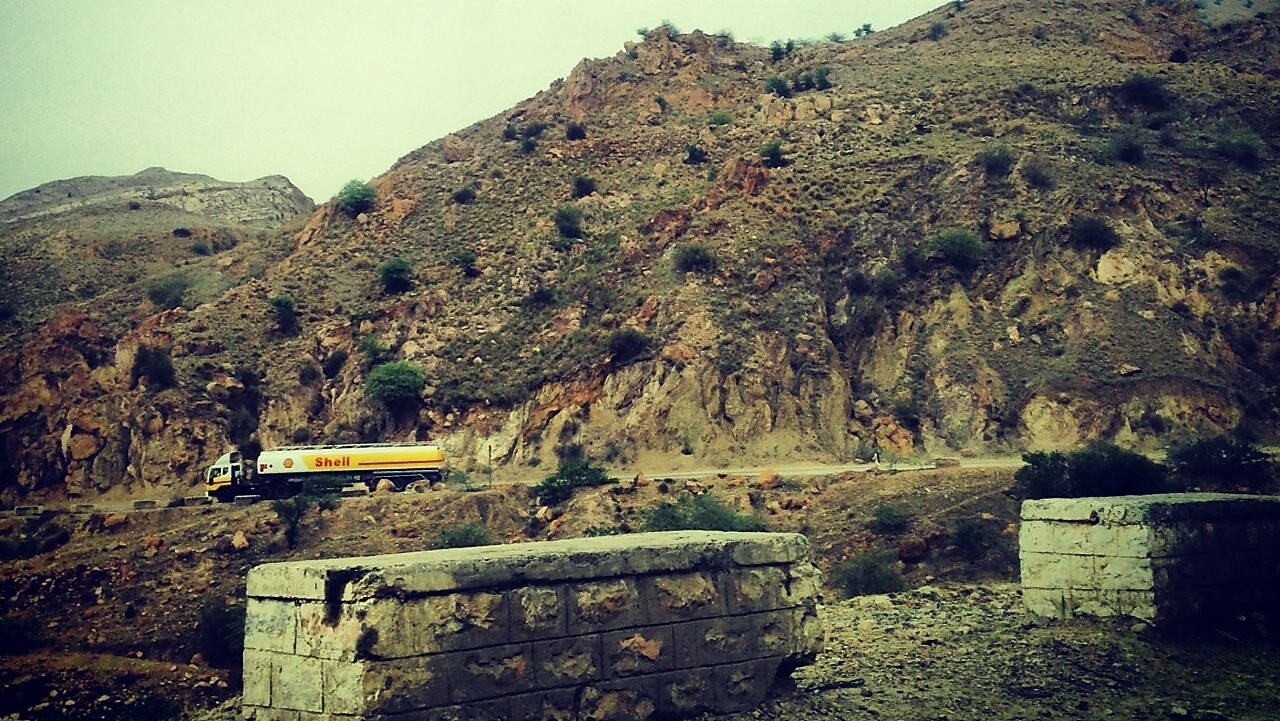Our History
What began as a small shop selling antiques and later sea shells in London nearly 200 years ago is today one of the world’s major energy companies.
Shell’s presence in this part of the world spans a remarkable 120 years, tracing back to 1899 when Asiatic Petroleum, the marketing arm of Shell Transport Company and Royal Dutch Petroleum Company, began importing kerosene oil from Azerbaijan into the Indian subcontinent. The legacy of this long history is still evident today, with storage tanks bearing dates from as far back as 1898. Royal Dutch Shell's documented history in the region begins in 1903, when a partnership between Shell Transport & Trading Company and Royal Dutch Petroleum was formed to supply petroleum to Asia.
In 1928, to enhance its distribution network, Shell, in collaboration with Burmah Oil Company, merged their marketing interests in India, leading to the formation of the Burmah Shell Oil Storage & Distribution Company of India. After Pakistan gained independence in 1947, the company was renamed the Burmah Shell Oil Distribution Company of Pakistan. In 1970, the ownership structure shifted when 51% of the shares were transferred to Pakistani investors, leading to the rebranding of the company as Pakistan Burmah Shell (PBS) Limited, with Shell and Burmah Oil holding the remaining 49%.
In 1993, with Pakistan's economic liberalization underway, Burmah Oil divested its shares, allowing Shell Petroleum to increase its stake to 51%. Over time, Shell's ownership grew, reaching 77% in Shell Pakistan Limited (SPL), solidifying the company’s position in the country.
Throughout its long history, Shell has played an integral role in supporting Pakistan's development, from supplying petroleum products for major infrastructure projects like the Mangla Dam and Kotri Barrage to expanding the country’s growing road infrastructure. Shell was also pivotal in powering Pakistan International Airlines' (PIA) first flights and has supported various entrepreneurs and industries throughout the years.
In 2024, Wafi Energy, a Saudi Arabian company and an affiliate of the Asyad Group, acquired an 87.78% stake in Shell Pakistan Limited, marking a new chapter in the company’s history. Wafi Energy became the exclusive licensee for Shell in Pakistan. This acquisition positioned Wafi Energy to expand its energy business and strengthen its foothold in Pakistan, where Shell has maintained a 75-year legacy.
As of January 2025, the company was officially named Wafi Energy Pakistan Limited, continuing to offer a broad range of petroleum products and maintaining a strong lubricants business that serves multiple sectors. Even with the change in ownership, the Shell brand remains a key player in the market, powered by Shell’s legacy of innovation and excellence, and energized by Wafi Energy’s ongoing investment and commitment to the country’s future growth.

Introducing Powering Progress in Pakistan
A memoire highlighting the organisation’s pivotal role and contributions in the development of the energy sector of Pakistan.
